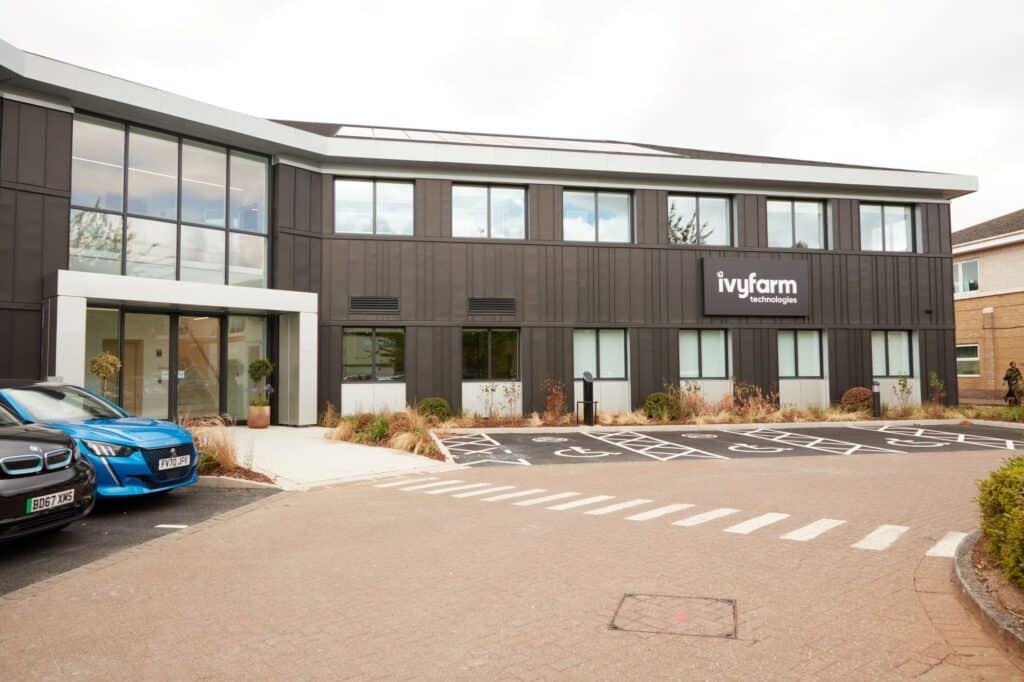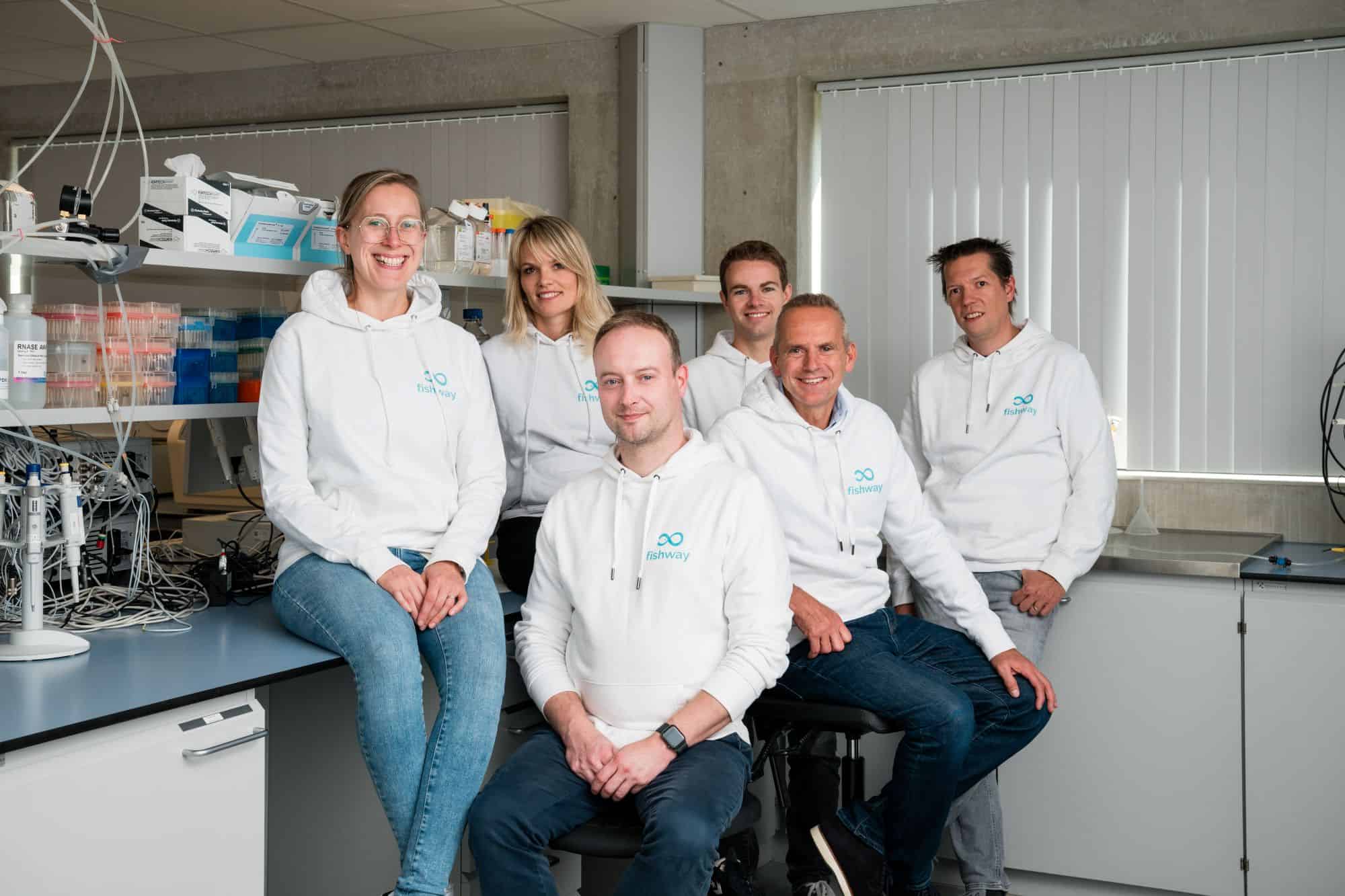Harsh Amin, CEO of Ivy Farm Technologies, is a stem cell scientist with a PhD from UCL and postdoctoral experience at Imperial College London. With a strong background in biotech R&D and leadership roles from start-ups to Lonza Biologics, he blends scientific expertise with commercial insight to drive innovation in sustainable protein.
In this opinion piece, Harsh discusses the growing pressures on the UK’s food industry, particularly the beef sector, and explores the potential of cultivated meat as a solution to strengthen the nation’s food security, support sustainable farming practices, and meet the evolving needs of consumers.
The UK’s food industry is under extraordinary pressure, and the threat to our national food security is something everyone from farmers to families is starting to feel.
Take beef for example. Prices have increased by 20% over the last year, putting strain on UK household budgets, while raising serious concerns about the resilience and sustainability of our national food supply. Behind this sharp rise is a drop in UK beef herd numbers, driven by environmental pressures and financial challenges facing farmers.
To cope, some of the big UK supermarkets are now looking beyond our borders for quick fixes, importing beef from as far as Australia, Poland, and Uruguay. While this might offer short-term relief, it raises critical questions about the long-term health of our homegrown food system. What are the environmental and welfare costs of importing meat from hundreds or thousands of miles away? And with cheaper imports undercutting British farmers, how does this affect the long-term prospects of meat production in the UK?
Rather than seeing this as the start of a crisis, it represents a huge opportunity to reimagine how the UK produces its meat. We need an approach that supports consumers with stable prices and ethical choices, empowers farmers with new revenue opportunities, and helps the government safeguard the resilience of our food system.

Building a resilient protein supply chain
Extreme weather events and reduced subsidies for farmers, as well as rising imports of meat, are threatening British farming’s future. For farmers, this means increasing uncertainty about their livelihoods. For the government, it raises the alarm on future food independence. For consumers, it leads to higher prices and limited choice.
As demand for protein continues to grow, becoming reliant on imports of meat will be detrimental to the UK’s food security. A more resilient and diverse protein supply chain is essential.
This means supporting British farmers who want to farm regeneratively and sustainably. At the same time, policymakers should back innovation from UK technology and science startups and scaleups. These pioneers are producing alternative proteins through cell cultivation and precision fermentation, helping to future-proof our protein supply.
Cultivated meat is often misunderstood as a way to replace traditional farming. In reality, it’s a way to complement it. Cultivated meat companies take a small sample from a cow and use a controlled process to grow many tonnes of premium beef, all while mitigating climate impact from industrial farming. This approach protects the environment and animal welfare, while creating a new stream of domestically-produced protein.
Technology and tradition, working together
For policymakers, cultivated meat offers a strategic opportunity to ease pressure on supply chains, reduce import dependency, and maintain high food and animal welfare standards.
For consumers, it offers the chance to enjoy high-quality meat without compromising on values. And for farmers, it represents a potential new income stream through partnerships that respect their knowledge, land, and heritage.
To realise this potential, DSIT (Department for Science, Innovation and Technology) and DEFRA (Department for Environment Food and Rural Affairs) must continue to work together, building on initiatives like the sandbox programme. By combining the best of British science with the best of British farming, we can create a food system that is robust, trusted, and future-ready.

A new chapter for farmers and consumers
Cultivated meat offers consumers a way to enjoy meat that aligns with their values – stable pricing, animal welfare, and lower climate impact. It also opens doors to those who have reduced or stopped eating meat for ethical reasons, including vegetarians and flexitarians.
But this innovation is not just about consumers. It could mark the beginning of a new chapter for British farmers. By easing pressure on land from industrial farming and enabling more sustainable practices, cultivated meat could help farmers increase margins on organic and regenerative products. That in turn can reduce reliance on government subsidies, allowing British farmers to thrive independently.
Imagine cultivated beef made in partnership with trusted UK farmers, using British-grown cell samples to produce sustainable, local meat. This kind of collaboration could support food self-sufficiency, strengthen rural economies, and ensure Britain remains resilient in a fast-changing world.
This isn’t about turning our backs on farming; it’s about evolving together. Cultivated meat can be the bridge between tradition and innovation, helping us honour the values of British agriculture while meeting the needs of the 21st-century eater.
If we want to continue enjoying British beef, chicken, and pork without compromising on taste, ethics or sustainability, then embracing innovation isn’t just an option – it’s essential. At Ivy Farm, we’re proud to be taking the first steps on this journey, and we believe that with greater awareness and collaboration, cultivated meat can help secure the future of food for everyone involved: consumers, farmers, and the nation as a whole.




